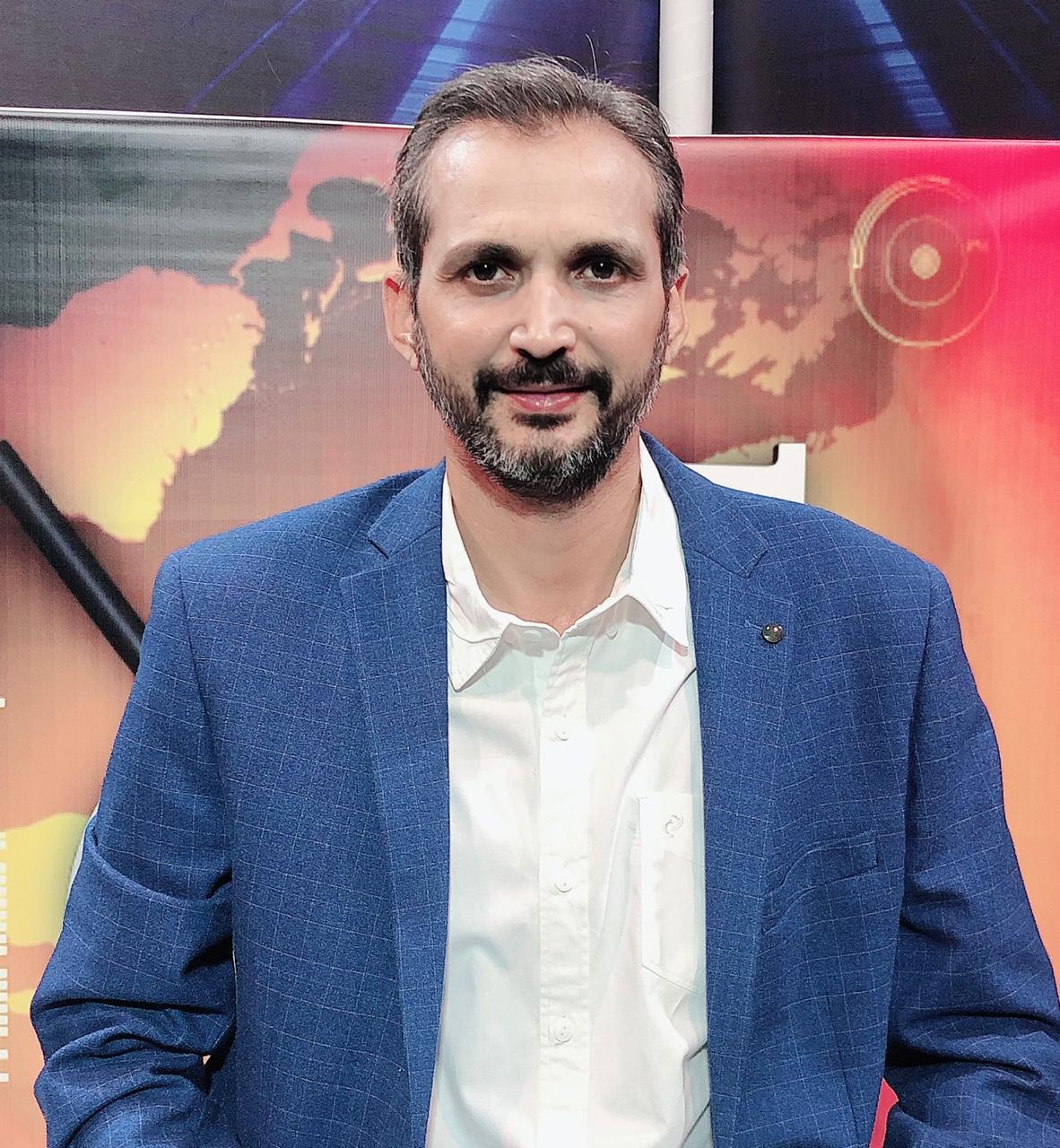The security and diplomatic dynamics of the region have pressurised Pakistan to realign and redefine its security and diplomatic position. However, the most difficult task Pakistan is facing is to maintain a balanced foreign policy. Pakistan is struggling hard to ensure functional relations with the West and the emerging Asian powers. As economic turmoil is escalating, international players are using it as a vehicle of influence over Pakistan.
Despite all these challenges, Pakistan is playing a constructive role at the United Nations General Assembly. This includes the peacekeeping missions of UN, development initiatives and successful implementation of policy and strategy to curb terrorism.
Categorically there are four major factors which Pakistan is facing at the foreign policy front. These are terrorism, CPEC, nuclear arsenal and the overall situation in the Muslim world. These issues are giving birth to other foreign policy challenges like the Financial Action Task Force (FATF) decision, US-Afghan policy and India vying for a role in Afghanistan.
In addition to these problems, the biggest challenge Pakistan is facing at the diplomatic front is lack of trust from its Western counterparts. This lack of trust has also introduced a wave of criticism and unrealistic challenges for Pakistan. The Trump administration’s Afghan policy is a prime example. In such a tense environment; Pakistan is struggling to find ways for engagement and diplomacy.
The new government has been looking for new avenues of engagement, alongside some out-of-the-box diplomatic tactics. Prime Minister Imran Khan invited India to dialogue. However, India rejected the offer within 24 hours of accepting it. The new foreign minister’s first visit was to Afghanistan, conveying Pakistan’s resolve for better relations. Previous peacemaking missions had failed due to the deaths of Mullah Umar and Mullah Mansoor.
Pakistan has long been working for stability in Afghanistan, as Pakistani national security depends on it. Unfortunately, global suspicions are making it difficult for Pakistan to play a constructive role in Afghanistan. Moreover, the US-Afghan policy has further complicated the state of affairs.
This time Pakistan is urging all partners to show patience and work to make new initiatives beneficial for the people of Afghanistan. China and Russia are also partnering with Pakistan to make the process more reliable and durable. China and Russia also took initiatives for bringing back peace in Afghanistan. However, Pakistan is at the fore front of all the efforts due to its historic linkages with Taliban and other stakeholders in Afghanistan.
The security and diplomatic dynamics of the region have pressurised Pakistan to realign and redefine its security and diplomatic position. Pakistan is struggling hard to ensure functional relations with the West and the emerging Asian powers
State of affairs in many Muslim countries is also pressing hard on Pakistan’s policy. Pakistan is struggling to resolve unsettled issues between countries such as Saudi Arabia and Iran, without taking any sides. Pakistan is in constant contact with both countries to find ways for peaceful resolution. Although till now Pakistan has achieved little success but it is continuing its efforts. In addition to Iran and Saudi Arabia, now the Qatar issue has surfaced which has put Pakistan in a very difficult situation.
In addition to these issues, Pakistan’s foreign policy is also facing problems due to deteriorating economic health. The financial and economic resources are rapidly shrinking. Foreign direct investment is in an abysmal shape. Only China is investing in Pakistan through the CPEC. However, Pakistan is facing pressure from anti-China countries like US at the international forums such as the FATF. Still, Saudi investment in CPEC is a positive step in garnering more nations to participate in.
Surrounding Pakistan’s personal conundrum are the changing global power structures. China is now challenging the US hegemony, especially in economics and innovation.
Amazingly, the US is completely silent on atrocities committed by Indian forces in Held Kashmir. Pakistan is voicing the concerns of Kashmiris at international forums but the US is using its influence to support India, which is against the charter of human rights. Now the US is also threatening to impose sanctions on Pakistan by using Afghanistan as an excuse. It has already warned IMF against extending any type of financial assistance to Pakistan.
Fortunately, Pakistan is playing its cards very intelligently. It is not trying to engage itself in any types of active conflicts like Yemen or Syria. Pakistan is also taking forward CPEC as an opportunity for itself as well as other regional countries.
Pakistan has been successful so far in averting this pressure by adopting new approaches. Pakistan has identified and is engaged with reliable partners for immediate relief. Pakistan has also forged a new partnership with Russia. Moreover being part of the Shanghai Cooperation Organisation, the BRI has helped it exponentially.
There is only one area where Pakistan needs more dedicated and strong efforts and that is digital diplomacy and digital frontiers. Digital space has emerged as one of the key global influencers. It transcends boundaries and helps promote new stakeholders. Even the US national elections were highly influenced by the social media. Hence Pakistani diplomacy must pursue its agenda on digital forums for the country’s benefit.
The writer is director of Research Uptake and Business Development, at the Sustainable Development Policy Institute
Published in Daily Times, September 26th 2018.
